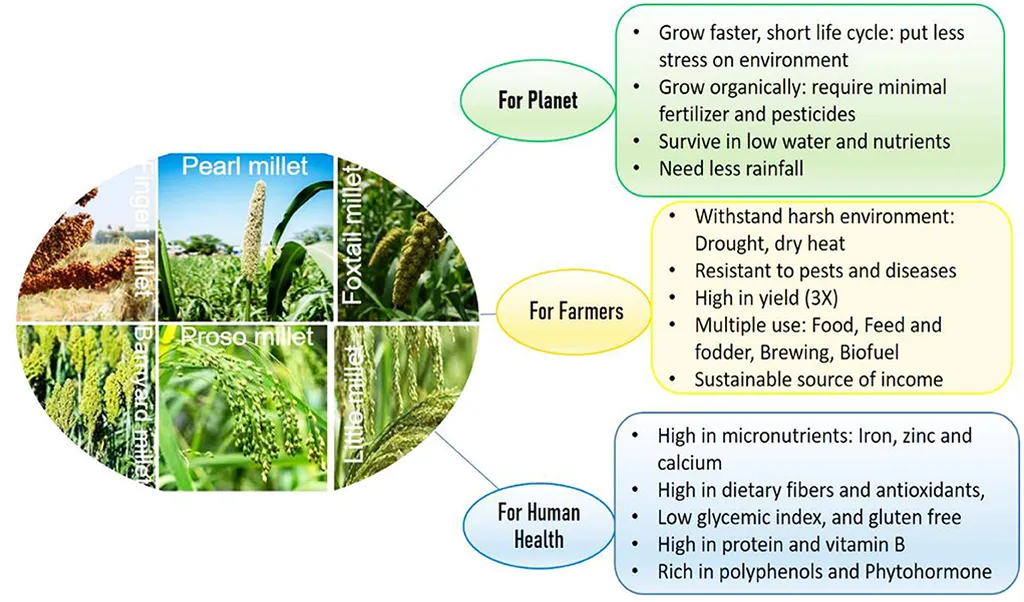In the heart of Lahore, Pakistan, a team of researchers led by Sajid Fiaz at the Institute of Molecular Biology and Biotechnology, The University of Lahore, is making waves in the field of agricultural biotechnology. Their recent work, published in the journal *Plant Stress* (which translates to *Stress in Plants* in English), explores innovative approaches to plant stress breeding, a critical area of research as climate change continues to threaten global food security.
Fiaz and his team are tackling a pressing issue: how to make crops more resilient to environmental stresses such as drought, salinity, and extreme temperatures. Their research delves into the genetic and molecular mechanisms that enable plants to withstand these challenges, offering promising avenues for developing stress-tolerant crop varieties.
“Our goal is to harness the power of biotechnology to enhance crop resilience,” Fiaz explains. “By understanding the genetic basis of stress tolerance, we can develop plants that are better equipped to handle the harsh conditions brought on by climate change.”
The implications of this research extend far beyond the agricultural sector. As the world grapples with the impacts of climate change, the energy sector is also feeling the strain. Crops used for bioenergy production, such as switchgrass and miscanthus, are particularly vulnerable to environmental stresses. Enhancing their resilience could lead to more stable and sustainable bioenergy feedstocks, ultimately contributing to a more secure energy future.
Fiaz’s work is part of a broader trend in agricultural biotechnology, where scientists are increasingly turning to genetic engineering and molecular breeding techniques to improve crop performance. These approaches offer a more targeted and efficient way to develop stress-tolerant plants compared to traditional breeding methods.
“Traditional breeding is a slow and labor-intensive process,” Fiaz notes. “With biotechnology, we can make precise genetic changes that enhance stress tolerance without compromising other desirable traits.”
The commercial impacts of this research could be significant. As the demand for sustainable and resilient crops grows, so too will the market for biotechnologically enhanced seeds and planting materials. This could open up new opportunities for agribusinesses, seed companies, and bioenergy producers alike.
Looking ahead, Fiaz’s research could shape the future of plant stress breeding in several ways. By providing a deeper understanding of the genetic mechanisms underlying stress tolerance, it could pave the way for the development of new breeding techniques and tools. It could also facilitate the discovery of novel genes and genetic pathways that contribute to stress resilience, further expanding the toolkit available to plant breeders.
As the world continues to grapple with the challenges posed by climate change, research like Fiaz’s offers a glimmer of hope. By enhancing the resilience of our crops, we can secure our food supply, support sustainable energy production, and build a more resilient future for all.

